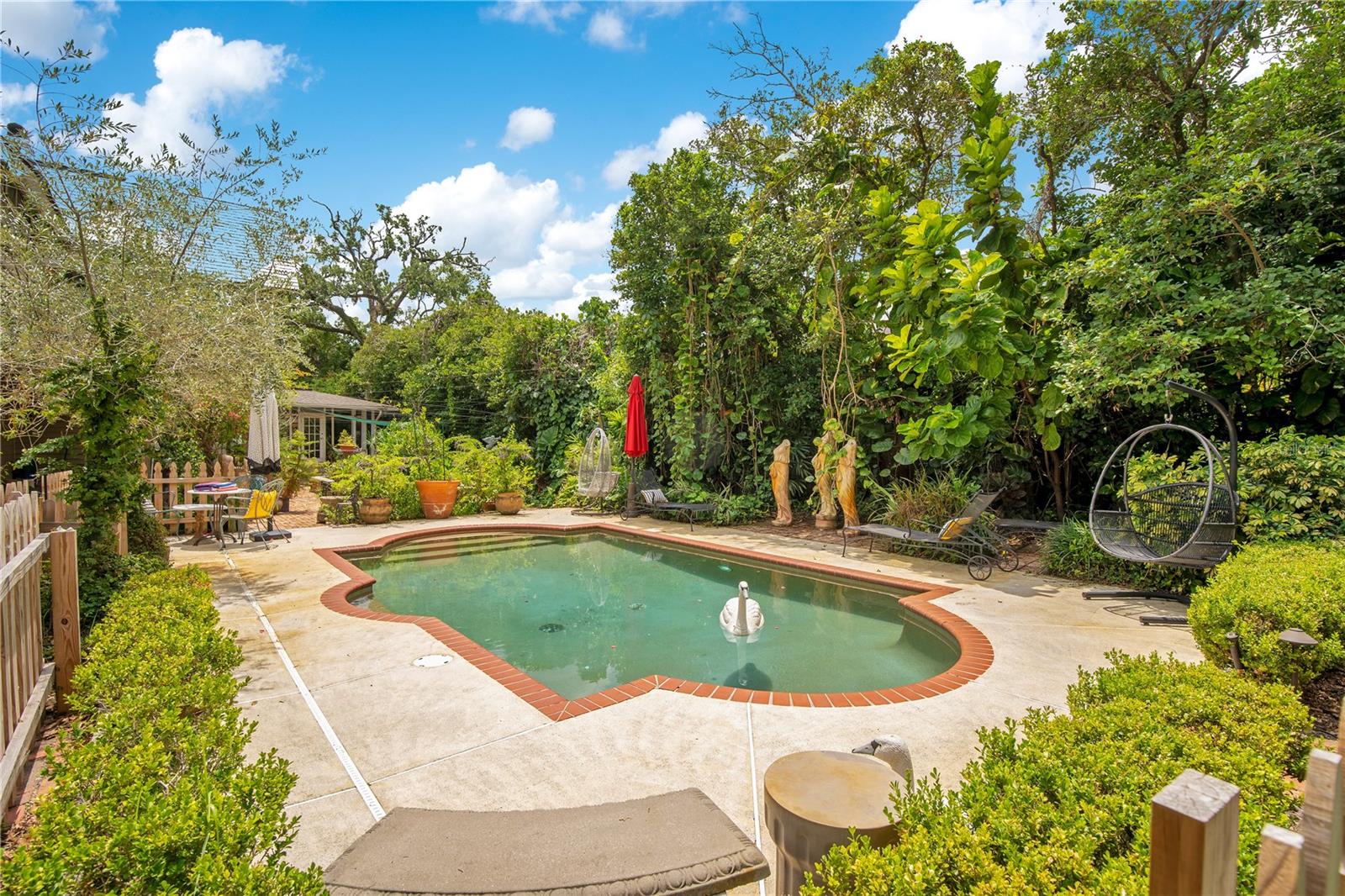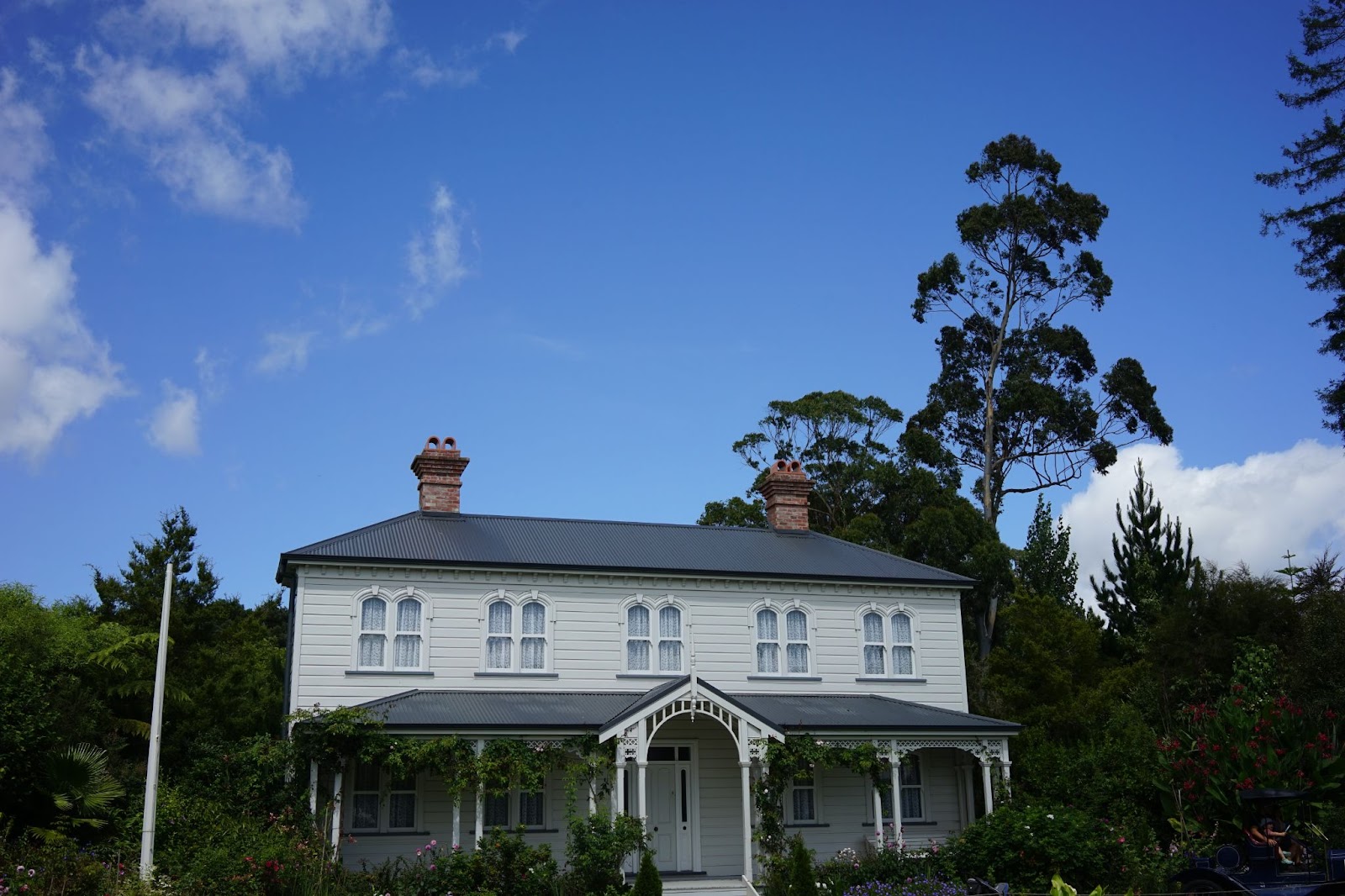How to Successfully Market a Luxury Property
Marketing luxury properties requires a unique approach that goes far beyond traditional real estate sales techniques. High-end buyers have distinct expectations, and the stakes are higher for sellers and agents alike. Luxury homes often represent a significant investment, and the way they are presented to the market must reflect their exclusivity, craftsmanship, and lifestyle appeal. In this article, we’ll explore proven strategies and insider tips on how to successfully market a luxury property, from understanding the target audience to utilizing cutting-edge technology and building powerful relationships.
Understanding the Luxury Market
The luxury real estate market caters to an exclusive clientele with very specific needs and desires. Before developing a marketing plan, it’s crucial to understand what defines a luxury property and who your target buyers are.
What Makes a Property “Luxury”?
While price is a key factor, luxury is about much more than cost alone. It often involves:
- Prime locations or prestigious neighborhoods
- Exceptional architecture and design
- High-end finishes and premium materials
- Extensive amenities (e.g., pools, home theaters, smart home systems)
- Privacy and security features
- Unique lifestyle elements (e.g., waterfront views, golf course access)
Luxury buyers are typically looking for homes that offer a statement of success, comfort, and exclusivity.



Knowing Your Buyer
Luxury buyers tend to be discerning and value privacy and trust. They may be:
- Entrepreneurs or CEOs with limited time
- International buyers seeking a second home or investment
- Families desiring space and quality schools
- Investors looking for prestige and appreciation potential
Marketing must address their motivations and lifestyle aspirations.
Building a Strong Marketing Foundation
Successful luxury property marketing begins with meticulous preparation.
Professional Home Staging and Photography
First impressions are everything. Professional staging helps showcase the home’s best features, while high-quality photography captures the essence and ambiance that attract luxury buyers.
- Staging: Use sophisticated, tasteful décor that complements the home’s style without overwhelming it. Neutral tones with accents of luxury appeal work best.
- Photography: Hire photographers who specialize in luxury real estate. Use natural light, aerial drone shots, twilight images, and 3D virtual tours to provide comprehensive views.
Compelling Property Descriptions
Words are powerful tools. A well-crafted listing description should highlight not just features but also the lifestyle the property offers.
- Use evocative language that paints a picture: “Experience serene waterfront living with panoramic sunset views.”
- Highlight unique architectural elements and luxury amenities.
- Avoid clichés; instead, focus on what truly sets the home apart.
Leveraging Digital Marketing and Technology
In today’s digital age, online presence is paramount.
Dedicated Luxury Property Website
Create a custom microsite for the listing featuring:
- A video walkthrough
- High-resolution photo galleries
- Floor plans and neighborhood info
- Contact form for inquiries
A sleek, easy-to-navigate site enhances the professional image and provides a centralized hub for interested buyers.
Social Media and Paid Ads
Targeted social media campaigns can reach high-net-worth individuals locally and globally.
- Use platforms like Instagram, Facebook, and LinkedIn to share stunning visuals and property stories.
- Leverage paid ads with geo-targeting and demographic filters focused on luxury buyers.
- Collaborate with influencers or luxury lifestyle accounts to extend reach.
Virtual Tours and 3D Walkthroughs
Especially important for international buyers or those unable to visit in person, virtual tours allow immersive exploration of the property.
- Interactive 3D tours enable buyers to “walk through” the home at their own pace.
- Live virtual open houses can facilitate real-time engagement.
Networking and Relationships: The Power of Connections
Personal relationships are a cornerstone of luxury real estate marketing.
Utilize Your Network and Sphere of Influence
Tap into your personal and professional network for referrals and introductions to potential buyers or agents who specialize in luxury.
Collaborate with Other Luxury Agents and Brokers
Partner with other agents who have luxury clientele, especially those in different regions or countries, to cross-market the listing.
Host Exclusive Events and Private Showings
Instead of general open houses, hold invitation-only events where qualified buyers can experience the home’s luxury in a relaxed, intimate setting.
- Offer gourmet catering or live entertainment.
- Create a memorable atmosphere to associate the property with an elite lifestyle.
Traditional Media and Print Marketing
While digital is dominant, traditional marketing still plays a role in luxury property sales.
High-End Print Materials
Create exquisite brochures, postcards, and mailers with professional design and printing quality.
- Distribute them to targeted mailing lists in affluent neighborhoods or relevant events.
Advertising in Luxury Publications
Place ads in magazines and newspapers that cater to wealthy readers, such as:
- Architectural Digest
- Luxury lifestyle magazines
- Local high-end real estate publications
Pricing and Positioning the Property
Setting the right price is critical.
Conduct a Thorough Market Analysis
Work with appraisers and study recent sales in the luxury segment to price the home competitively but not undervalue it.
Positioning for Perceived Value
Luxury buyers are often looking for value beyond price — exclusivity, privacy, and lifestyle.
- Highlight what makes the home a rare find.
- Avoid pricing that sends the wrong signals (too high may deter, too low may suggest issues).
Providing Exceptional Client Service
Luxury buyers expect top-notch service.
Timely, Discreet Communication
Be responsive while respecting buyer privacy. Use encrypted communication if needed.
Personalized Experience
Offer concierge-level service that can include private tours, assistance with financing, and connections to interior designers or movers.
Overcoming Common Challenges
Luxury properties can take longer to sell due to their niche market.
Patience and Persistence
Be prepared for a longer marketing cycle and continue promoting the property consistently.
Adapt and Innovate
If initial marketing strategies don’t yield results, be ready to tweak price, staging, or marketing channels.
Marketing a luxury property is a complex, multi-faceted process that blends art, science, and impeccable service. It requires a deep understanding of the market, an eye for aesthetics, savvy use of digital tools, and an extensive network. Agents and sellers who embrace these elements can unlock the full potential of their luxury listings and connect them with the right buyers, making the transaction as seamless and rewarding as possible.


